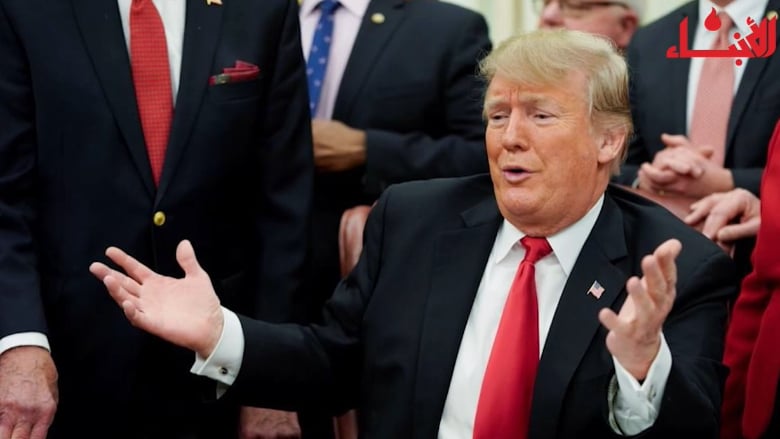Official pledges led by Washington to find resolutions to long-accumulating problems of climate change could be regarded as a breakthrough. This track is doomed with additional challenges faced amidst contradictory paths between economic growth and reducing emissions.
Developing solution protocols to deal with climate change have not proven efficient due to several reasons: minimal respect from signatory states to their own pledges; loose unbinding measures that rarely led to sanctioning violating members, and pressure exerted by many international corporations to avoid any notable cut in emissions that would avoid economic growth and increase unemployment.
For the latest headlines, follow our Google News channel online or via the app.
This view was never adopted by US climate envoy John Kerry who said at the Institute of International Finance: “no government is going to solve this problem of climate change. Solutions are to come from the private sector.”
Could the private sector take the initiative?
They are heavily responsible for emissions and pollution, but doing so voluntarily would slash profits, and divert the course of production towards environment-friendly models?
The private sector is an indispensable partner in this battle, but it cannot simply lead the war against itself, its interests and its accumulating profits. Leading this process entails a drastic shift in its principles, values, and, most importantly its traditional means of production. The sharp drop in the cost of renewable energy is by no means an indicator that the private sector is willing to leap towards this fundamental change.
In addition to this, there is a huge responsibility lying beyond the capacity or the role of the private sector. In the US, for example, based on the government’s ambitious infrastructure plan $174 billion is needed to build 500,000 electric vehicle charging stationsIf the car manufacturers immediately shift towards the production of electric cars and the stations are not constructed and installed, then the whole effort is futile. The same applies to offshore wind turbines and solar farms. Therefore, it is PPP formula (private public partnership) that will bring about incremental change.
Such an attempt has materialized in an initiative, described as the first and largest of its kind to funnel $1 billion from governments and the private sector hand-in-hand. The US, Britain and Norway along with Amazon, Nestle, Unilever, and Salesforce announced they will supply money to countries that prove they are preserving tropical deforestation.
Despite economic slowdown in an unprecedented manner due to COVID-19, cutting down rainforests, and particularly in Brazil, Democratic Republic of Congo and Bolivia, the sum made available is barely significant compared to the scale of the problem.
True, the Biden administration took a big step when revoking Trump’s unilateral decision to withdraw from the Paris climate agreement. The incumbent President on his first day in office made a series of executive orders to accelerate the transition away from fossil fuels, address environmental issues and preserve biodiversity (or what is left of it).
This is just the beginning.
The central theme upon which the two-day climate summit hosted by Washington last week and attended by a large number of state leaders (including China which is America’s counterpart in extreme pollution), revolved around the concept that the US cannot undertake this enormous mission on its own. It needs partners from across the globe to foster radical change and introduce new methods of production that are environment-friendly. Basically, it needs the support of the grand industrial and rich states to proceed and eventually succeed.
Biden formally pledged during the summit that his country would cut its greenhouse gas emissions by 50 to 52 percent relative to 2005 levels by 2030. The US has traditionally been the biggest emitter of carbon. China, in contrast, has been the largest greenhouse gas emitter in the world, a position where the US was placed second. For his part, Chinese President Xi Jinping pledged to reduce coal consumption between 2026 and 2030. General pledges pave the road to leeway of escape.
Reviving international discussion on the long neglected topic of climate change is considered a necessary new beginning, but unless accompanied by concrete steps is pointless.





